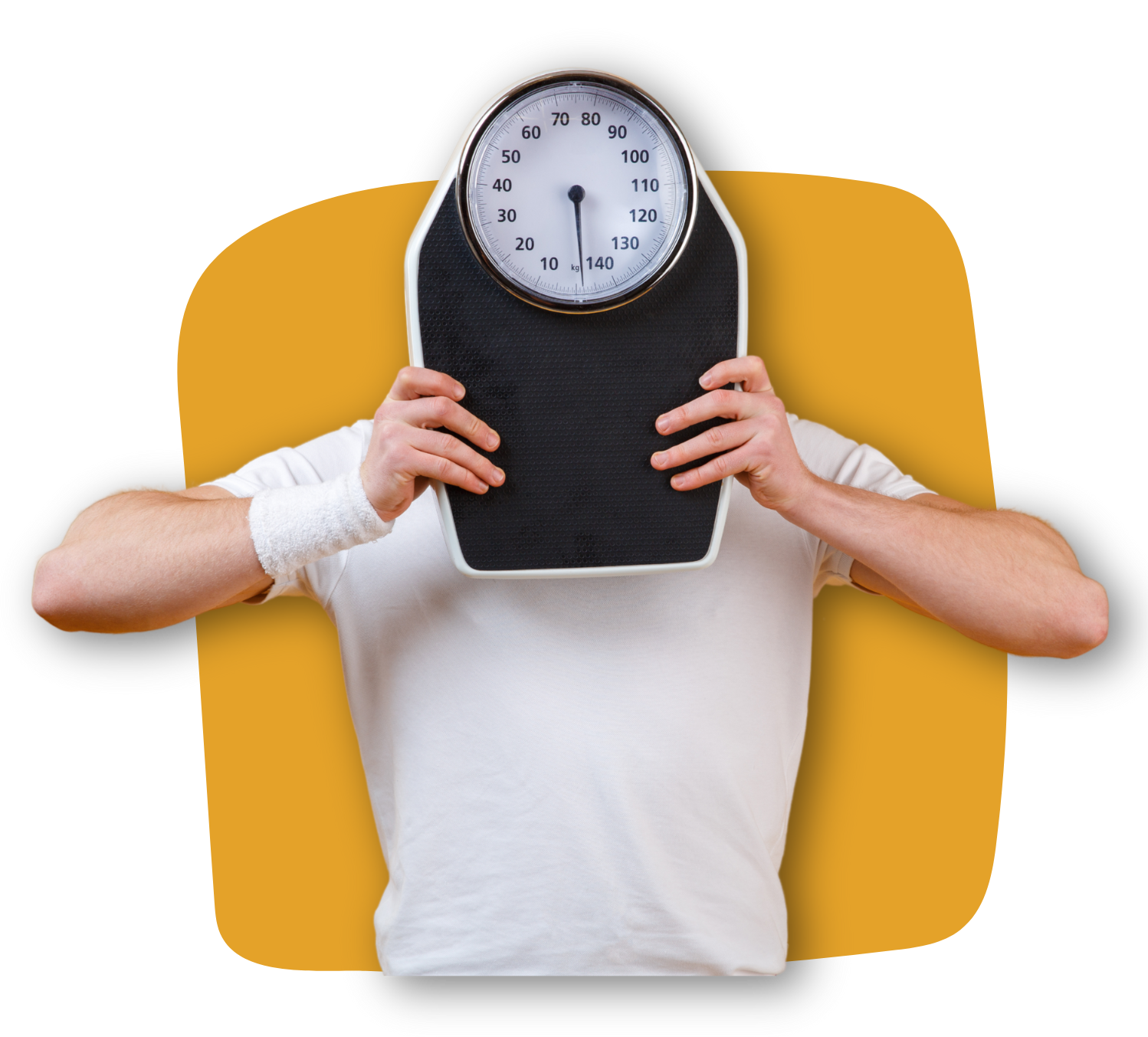What is BMI ?
Body Mass Index, or BMI, is a simple tool used to understand whether your weight is in a healthy range for your height. It’s calculated using a formula that divides your weight in kilograms by the square of your height in meters (kg/m²). The result gives you a number that places you into one of several categories: underweight, normal weight, overweight, or obese.
BMI is widely used by doctors, health professionals, and fitness experts as a quick way to screen for potential health risks related to body weight. While it doesn’t measure body fat directly, it serves as a reliable starting point to assess your overall health and guide weight-related decisions. It’s important to note that BMI is just one part of the picture—it should be considered alongside other factors like waist circumference, lifestyle, and medical history.
A high or low BMI can signal the need to make changes in your diet, activity level, or lifestyle. For most adults, maintaining a BMI between 18.5 and 24.9 is considered ideal for long-term health.

What to Do Based on Your BMI?
Underweight (<18.5):
You may be at risk for nutritional deficiencies, weakened immunity, and fertility issues. Consider consulting a doctor or nutritionist.
Normal BMI (18.5 – 24.9):
Keep up the healthy habits! Maintain your weight through a balanced diet and regular exercise.
Overweight (25 – 29.9):
Losing even 5–10% of your body weight can reduce your risk of chronic diseases.
Obese (30+):
Obesity increases your risk of serious health problems. Speak to a doctor about medical consultation and follow a healthy diet
Need Help Managing Your Weight?
If your BMI is outside the healthy range, don’t worry—you’re not alone, and you don’t have to figure it out by yourself.
Physical activity plays a major role in maintaining a healthy weight and improving overall wellness. It not only helps burn calories but also strengthens your muscles, improves heart health, boosts mood, and supports better sleep. The best part? You don’t need a gym membership or fancy equipment—just a commitment to move more every day. Start with activities you enjoy, and build consistency over intensity.
Simple Ways to Get Moving:
- Aim for at least 30 minutes of moderate activity most days of the week.
- Choose enjoyable workouts like walking, swimming, dancing, or cycling.
- Take the stairs instead of the elevator, or walk while on phone calls.
- Include bodyweight exercises like squats, push-ups, or yoga to build strength.
- Break up sitting time with short activity bursts throughout the day.
f.a.q.
Not sure where to start?
These FAQs cover the basics to help you get started right.
BMI is calculated using the formula:
BMI = weight (kg) / [height (m)]²
If you’re using pounds and inches:
BMI = (weight in lbs / [height in inches]²) × 703
Ut enim ad minima veniam, quis nostrum exercitationem ullam corporis suscipit laboriosam, nisi ut aliquid ex ea commodi consequatur? Quis autem vel eum iure reprehenderit qui in ea voluptate velit esse quam nihil molestiae consequatur, vel illum qui dolorem eum fugiat quo voluptas nulla pariatur.
For adults aged 18–65, a healthy BMI generally falls between 18.5 and 24.9, regardless of age. For children and teens, BMI is interpreted differently and is age- and sex-specific, using percentile charts.
Yes, it’s possible. People with higher muscle mass (like athletes) may have a high BMI but low body fat. That’s why other factors—like waist size, blood pressure, cholesterol, and blood sugar—are important in assessing overall health.
To reduce your BMI:
- Eat a balanced diet with fewer calories
- Exercise regularly (at least 150 minutes/week)
- Get quality sleep and manage stress
Quick fixes or crash diets are not sustainable—aim for slow, steady weight loss of 0.5–1 kg per week.
For Asian populations, including Indians, health risks begin at lower BMI thresholds. According to WHO Asia-Pacific guidelines:
- Normal: 18.5 – 22.9
- Overweight: 23 – 24.9
- Obese: 25 and above
This means Indians may need to aim for a slightly lower BMI range than Western populations to reduce health risks.
